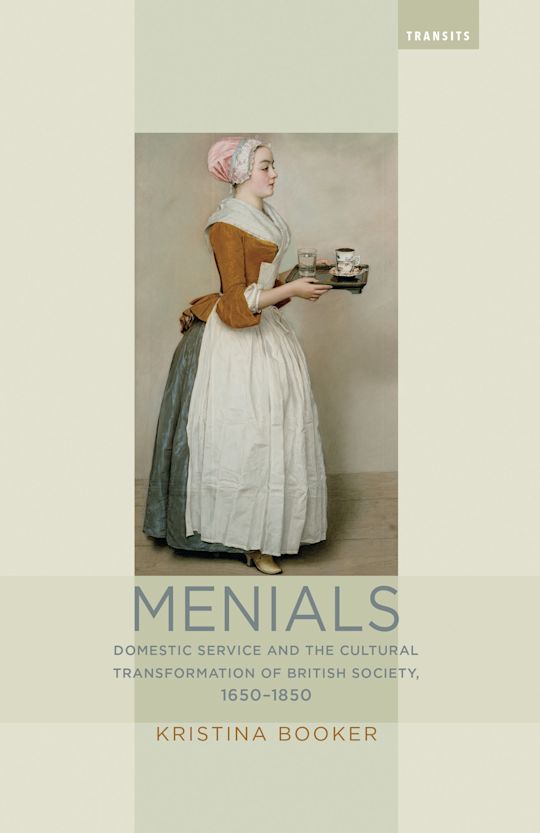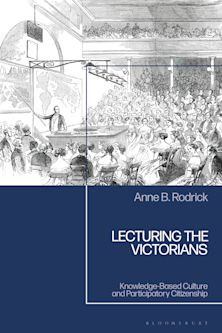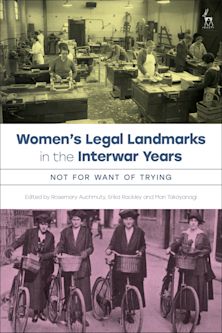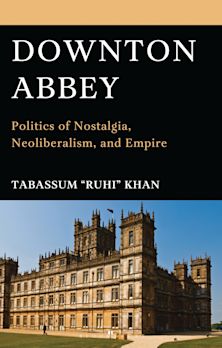- Home
- ACADEMIC
- History
- British History
- Menials
Menials
Domestic Service and the Cultural Transformation of British Society, 1650–1850
Menials
Domestic Service and the Cultural Transformation of British Society, 1650–1850
You must sign in to add this item to your wishlist. Please sign in or create an account
Description
Menials argues that British writers of the long-eighteenth century projected their era’s economic and social anxieties onto domestic servants. Confronting the emergence of controversial principles like self-interest, emulation, and luxury, writers from Eliza Haywood, Daniel Defoe, and Samuel Richardson to Mary Shelley, Charles Dickens, and William Thackeray used literary servants to critique what they saw as problematic economic and social practices. A cultural history of economic ideology as well as a literary history of domestic service, Menials traces the role of the domestic servant as a representation of the relationship between the master’s ideal self and the cultural forces that threaten it.
Table of Contents
Introduction: Becoming Nothing: Writing the Domestic Servant
Chapter 1: Literary Servants and the Trouble with Self-Interest, Part 1
Chapter 2: Literary Servants and the Trouble with Self-Interest, Part 2
Chapter 3: “Within Proper Bounds”: Domestic Servants and Emulation Anxiety
Chapter 4: Domestic Idylls, Exotic Fruits: the Luxury of Foreign Servants
Coda: Downstairs at Downton Abbey
Bibliography
Index
About the Author
Product details
| Published | Nov 20 2017 |
|---|---|
| Format | Ebook (PDF) |
| Edition | 1st |
| Extent | 208 |
| ISBN | 9798216356417 |
| Imprint | Bucknell University Press |
| Series | Transits: Literature, Thought & Culture, 1650–1850 |
| Publisher | Bloomsbury Publishing |
About the contributors
Reviews
-
“Booker’s close readings are compelling, and her treatment of wide-ranging philosophical, political, and economic theory demonstrates a firm background knowledge of the intellectual contexts in which these works were created. Booker’s work is a helpful contribution to existing scholarship about servants and should be especially useful to those interested in cultural studies, economics, and ethics.”
New Perspectives on the Eighteenth Century
-
Booker condenses a wealth of knowledge into one slim volume, and the ambitious scope of the broad timespan announced in the title is fulfilled, resulting in a well-informed snapshot of textual representations two-hundred-year period. It is rare to find in a single book material that is useful for scholars of both the eighteenth and nineteenth centuries. I came away from this text wanting to interrogate the ulterior motivations for the depiction of every servant in fiction (and drama), and this is something to be thankful for.
Eighteenth-Century Fiction
-
As a new entry into this undertreated line of critical inquiry, Booker’s 2018 monograph represents a generative step forward. Well researched, accessible, and keenly incisive, Booker interweaves cultural critique and literary interpretation in an expressly cogent and provocative read. . . . I find Menials a truly valuable and original contribution to the field. Kristina Booker is a fine writer and scholar, and her book should spark fresh conversations, both in print and in the classroom, to the profit of specialists and students alike.
Eighteenth Century Intelligencer



































